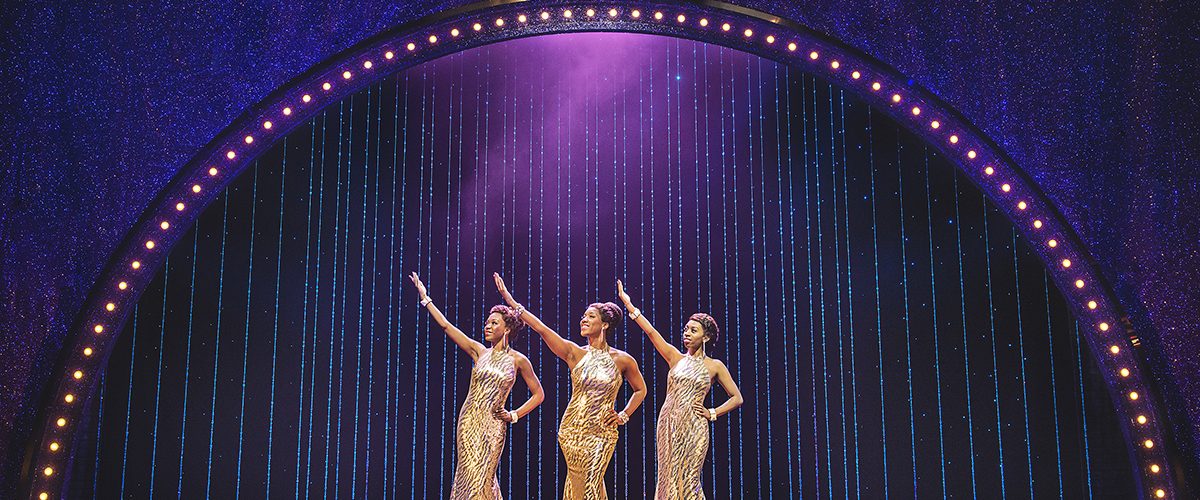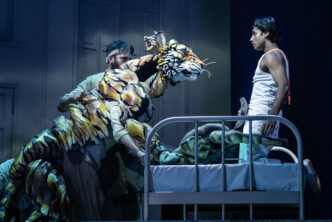The best showbiz anecdote I’ve heard concerns bequiffed 50’s rock n’ roller Little Richard, and the time he was pulled over by traffic Police in a state of agitation. Where was ‘Richard Perryman’ (real name) driving to so early on Sunday morning? A notorious sex addict, Richard was returning to the scene of the crime – an orgy he had attended the previous evening, and where he had absent mindedly left his Bible. Blimey.
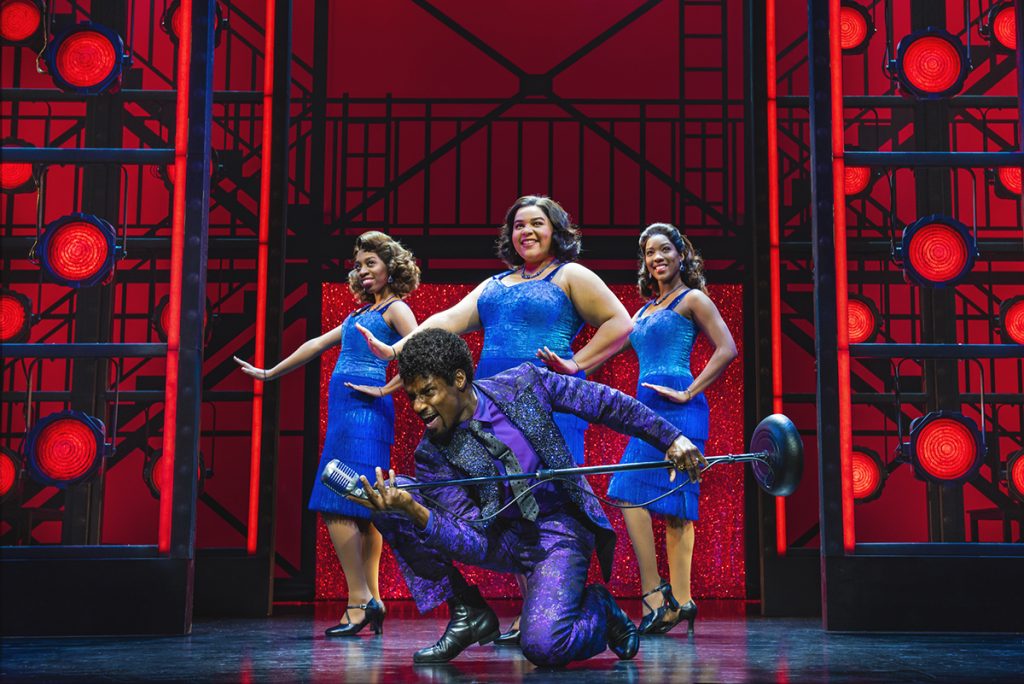
The battle between flesh and spirit is as old as the one between art and commerce. Richard broke down doors, enabling black artists to be accepted by white audiences. But some doors stayed locked. Businessman Berry Gordy, a giant figure in modern day pop, was probably aware of this when he founded Motown records. He had more obstacles to overcome than his white counterparts, which might explain some of his less than decent behaviour. Yes, he got commercial Black music played on the radio, but there were casualties along the way (his autobiography, To Be Loved, is a largely sugar coated history). Florence Ballard, the ostracised Supreme, spiralled into poverty after being sacked, and tragically died at 32 of coronary thrombosis. Funk Brothers, the in-house backing band, played on most of the great Motown songs but were financially shafted by Gordy, and never received royalties (James Jamerson, who died at 47 from complications caused by alcoholism, is now considered one of the world’s greatest bass players). Marvin Gaye – married to Gordy’s sister for a while – may have had a point when he quipped that life with Midtown was like working for the Third Reich.
There’s enough material in this tale to fill several musicals. Berry Gordy would never stand for such a thing of course, which is why composer Henry Krieger and Tom Eyen, (lyrics/book) decided to fictionalise the story when they wrote Dreamgirls (first produced in 1981). The names are different but it’s easy to recognise who we’re looking at.
It’s Detroit, the early 60’s and car salesman Curtis Taylor Junior (Matt Mills) has aspirations to break into the music industry. He signs a trio of young women: Effie White (Nicole Raquel Dennis), Deena Jones (Natalie Kassanga) and Lorrell Robinson (Paige Peddie) – aka the Dreamettes – and gets them a job backing R&B performer James ‘Thunder’ Early. Brilliantly played by the hyperactive Brandon Lee Sears, Early comes across like a manic mix of Little Richard, Smokey Robinson and, in his later sleaze period, Rick James.
Taylor Junior establishes his own label, and starts wheeling and dealing, ambitious enough to indulge in a bit of ‘Payola’ (the illegal practice of bribing DJ’s to promote certain artists). When the unhinged Early flames out, Curtis makes the Dreamettes into headliners, renaming them ‘the Dreams’ (rhymes with Supremes!) But not before demoting the plus sized Effie – the one with the best voice – and pushing the more conventionally attractive Deena to lead vocalist. Heartbroken by the betrayal, Effie grows increasingly unreliable, and is later fired. She watches from the sidelines whilst the Dreams become a bona fide female super group, and Curtis Junior and Deena become lovers. Can Effie find the gumption to start her own career? And will the devious Curtis get his just desserts?
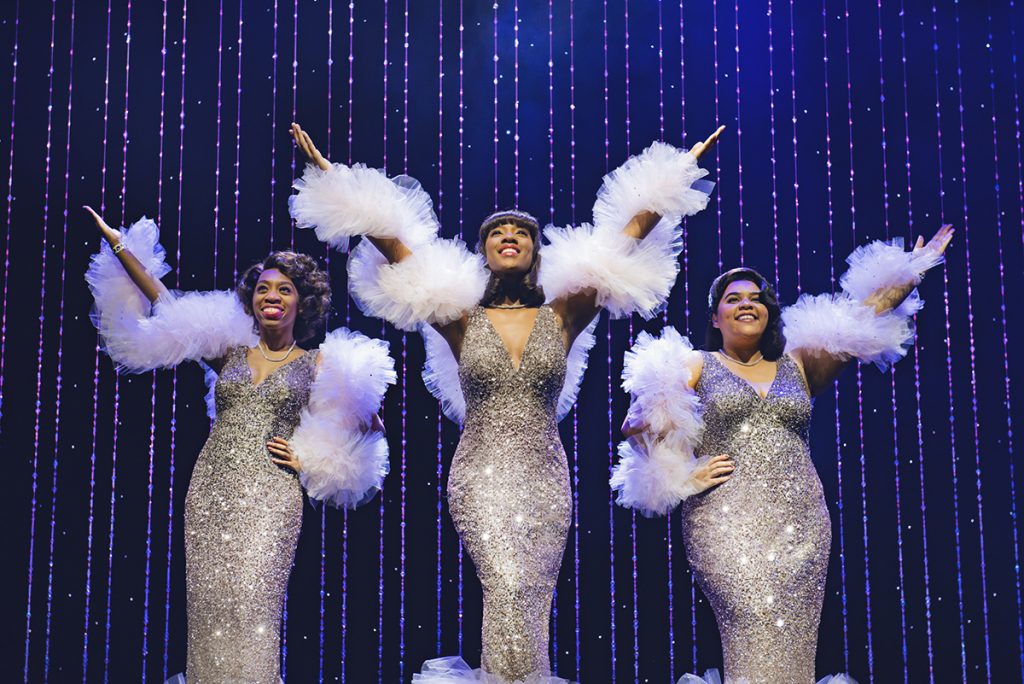
The songs move through a variety of styles, reflecting the changing tastes of the sixties and early seventies, from gospel, R&B, soul, to early funk. Some lodge in the memory more than others: ‘One Night Only’ sounds like an Earth Wind & Fire B-Side (that’s a compliment). Heart wrenching ballad ‘And I’m Telling You I’m Not Going’ is the clear highpoint. Jennifer Hudson played Effie in the 2006 film version, and won an Oscar for her performance, largely on the basis of this one number. It’s rare to find such a searing ballad in a glossy musical; a song that runs the absolute gamut of emotional pain, vacillating between love, defiance, abandonment, and injustice, all in the space of four minutes. It needs an exceptional actress/singer to pull this off and Nicole Raquel Dennis gives it everything: sobbing and singing isn’t something you see very often, and there are moments when it feels like we’re intruding on someone’s private grief. Standing ovations are ten-a-penny these days but on this occasion, it was justly deserved.
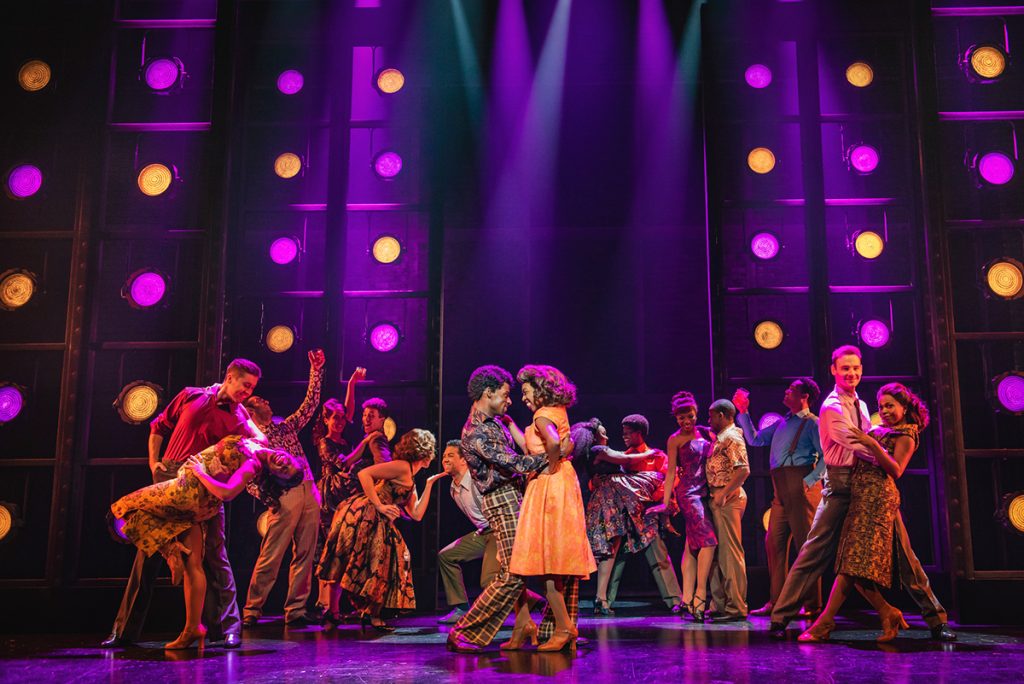
Director and choreographer Casey Nicholaw keeps things moving at a fair old lick, and Dreamgirls has some of the fastest costume changes I’ve seen. Tom Eyen has some sharp things to say about controlling men, and what motivates them. On opening night, the audience were happy to make Taylor Junior the villain, but it’s to Matt Mills’ credit that he adds enough layers to suggest this character’s ambition springs from a source of loss or loneliness. The closing reunion, with Effie joining The Dreams for a farewell concert, is a bit on the nose to entirely convince. For the most part, Dreamgirls is a successful and heartfelt homage to an era of music that was hugely influential but far less innocent than we might like to believe.
Dreamgirls is at The Palace Theatre, Manchester from 13-24 September 2022 before continuing on tour.

